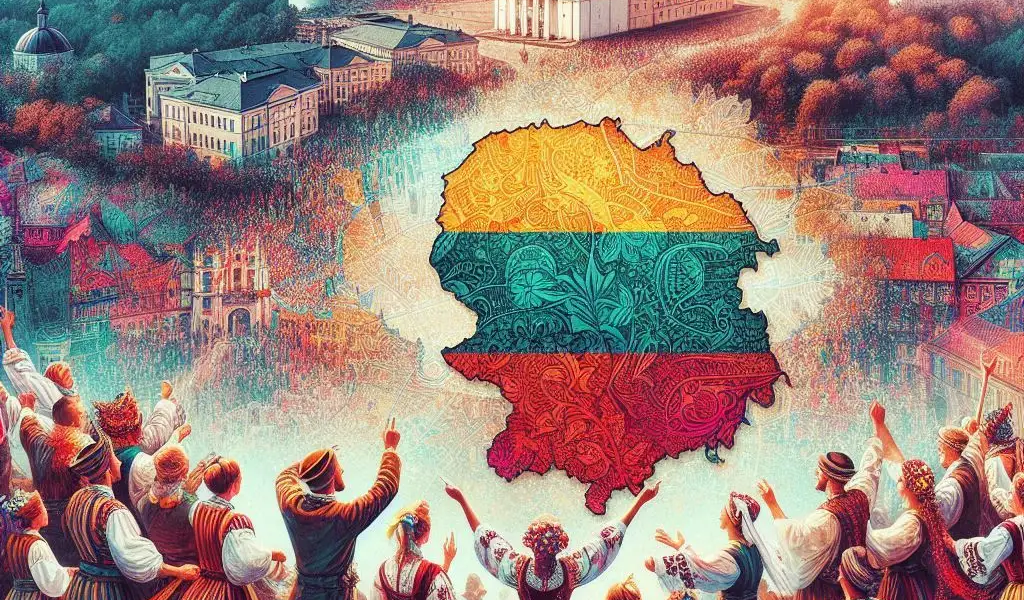1. Classification and related languages Lithuanian fits into the Indo-European family as follows: Indo-European └── Balto-Slavic ├── Baltic │ ├── West Baltic (extinct: Old Prussian, Curonian, Sudovian, Galindian) │ └── East Baltic │ ├── Lithuanian │ ├── Latvian │ └── Latgalian (Latvian variety) └── Slavic ├── East Slavic ├── West Slavic └── South Slavic Many […]

The Baltic language family
The Baltic Language Family The Baltic anguage family forms a major branch of the Indo-European languages. The Indo-European family includes many of the most widely spoken languages in Europe and parts of Asia. For an accessible introduction to this larger language group, see:The Indo-European Language Family – Overview: https://englishmadessimple.org/the-indo-european-language-family/ The Balto-Slavic language family forms a […]

The Welsh language
The Welsh Language Family Classification and Family Relations The language commonly known as Welsh is properly the language of the nation of Wales — the standard variety is commonly referred to as Welsh (in Welsh: Cymraeg). It belongs to the Brythonic branch of the Celtic family of Indo-European languages. Let us set out the hierarchy: […]
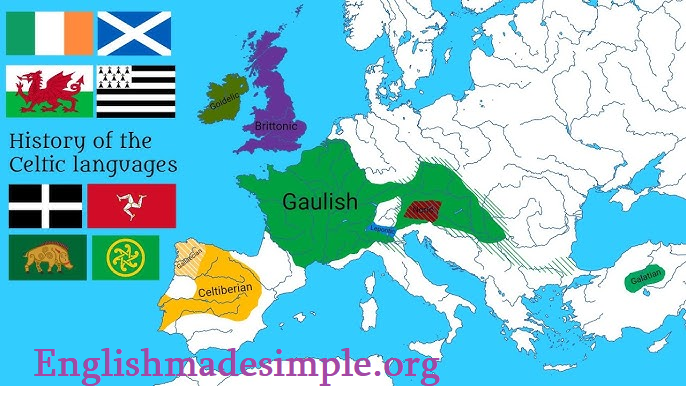
The Manx language
The Manx Language and its Linguistic Context The Manx language (Manx: Gaelg or Gailck) is a member of the Goidelic branch of the Celtic language family, which itself forms part of the large Indo-European language family. Although sometimes referred to as an individual language rather than a family, Manx exists within a clear genealogical network […]
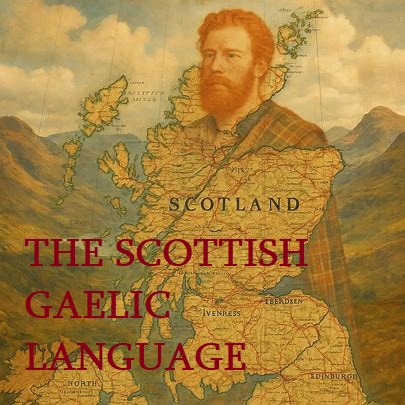
The Scottish Gaelic language
Gaelic Scottish Language Family The Gaelic Scottish language family refers primarily to Scottish Gaelic (Gàidhlig), a member of the Goidelic or Gaelic branch of the Celtic languages, themselves part of the vast Indo-European language family. Within the Goidelic branch, Scottish Gaelic shares a close relationship with Irish (Gaeilge) and Manx (Gaelg). 1. Language Family Classification […]

The Insular Celtic language family
Insular Celtic languages The Insular Celtic languages form one of the two principal divisions of the Celtic branch of the Indo-European language family. They are the Celtic languages that developed in and around the islands of Britain and Ireland, in contrast to Continental Celtic languages once spoken on the European mainland (e.g., Gaulish, Celtiberian, Lepontic, […]

The Continental Celtic language family
Continental Celtic Languages The term Continental Celtic refers to a group of Celtic languages historically spoken across mainland Europe, particularly before and during the early centuries of the first millennium CE. They form one half of the broader Celtic language family, the other being the Insular Celtic languages spoken in the British Isles. Like all […]

The Romanian language
Romanian Language (Româna) Classification and Family Romanian is a member of the Indo-European language family, within the Italic branch (specifically the Romance subgroup). More precisely, Romanian belongs to the Eastern Romance (also called Balkan Romance) subgroup of Romance languages. The broader context: the Romance languages (Italian, French, Spanish, Portuguese, Catalan, etc.) all descend from Vulgar […]
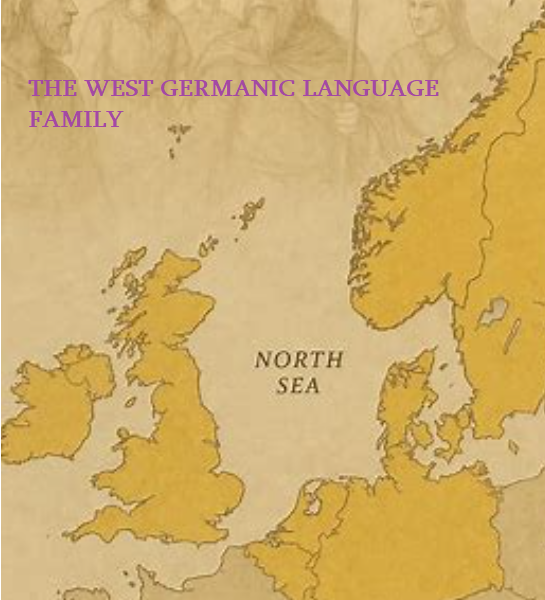
The West Germanic language family
Introduction The West Germanic language family forms one of the three principal branches of the Germanic language tree, alongside North and East Germanic. Its members today include English, German, Dutch, Afrikaans, and Frisian, encompassing hundreds of millions of speakers worldwide. Originating from Proto-Germanic, the West Germanic branch developed distinct phonological, morphological, and lexical innovations that […]
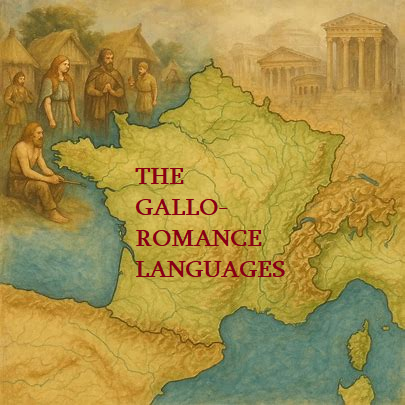
The Gallo-Romance language family
Gallo-Romance Language Family The Gallo-Romance language family is a major branch of the Western Romance languages, which in turn belong to the Italo-Western group of the Romance family, itself a subdivision of the Italic branch of the Indo-European language family. The Gallo-Romance group encompasses the Romance languages that developed in Gaul—the region corresponding largely to […]

